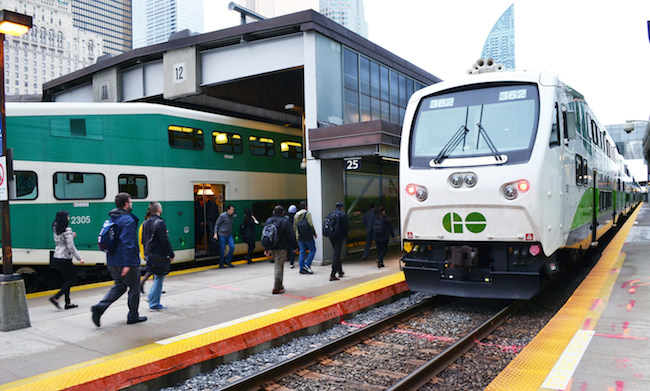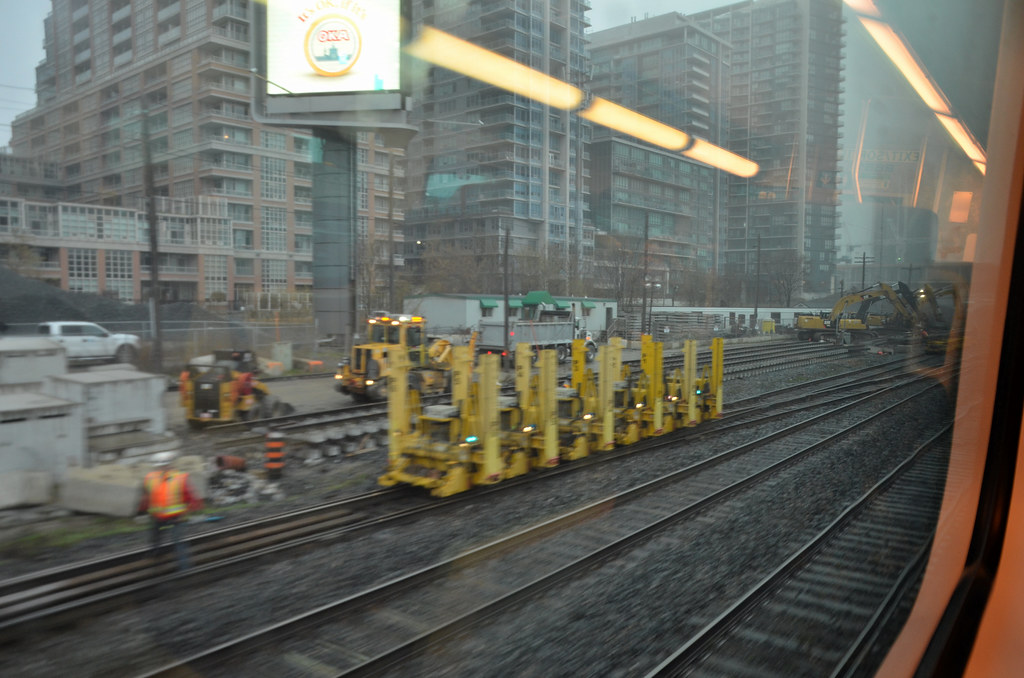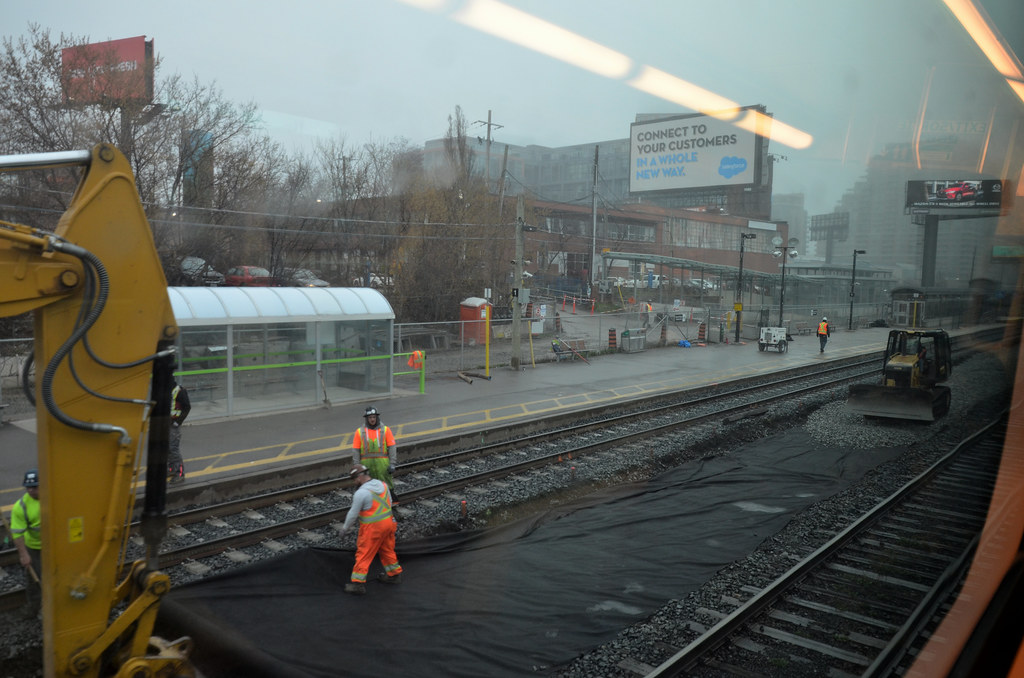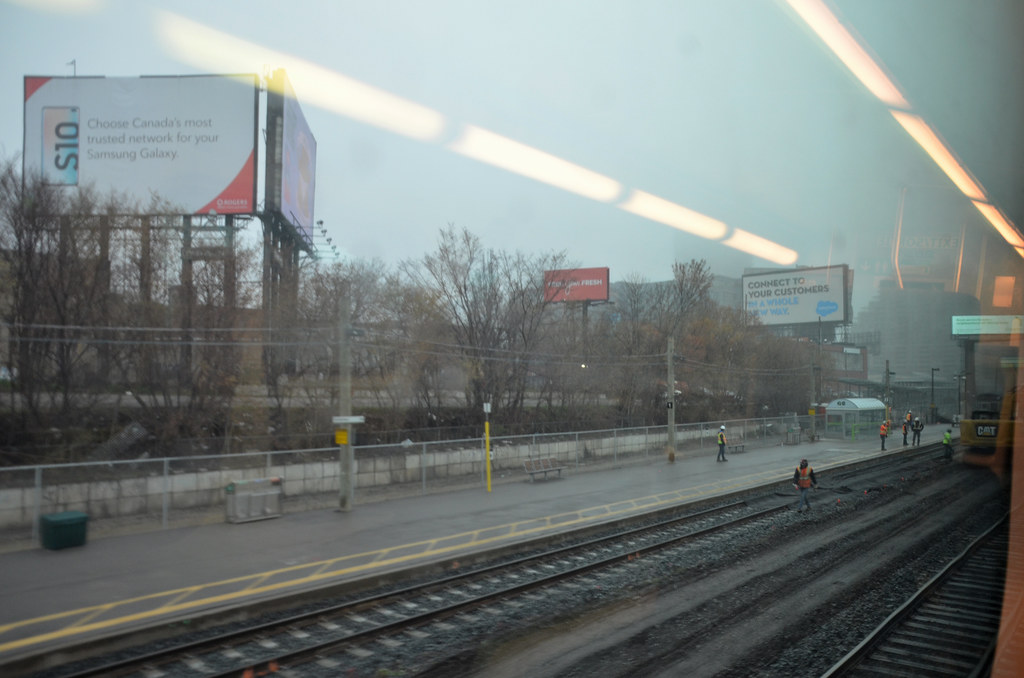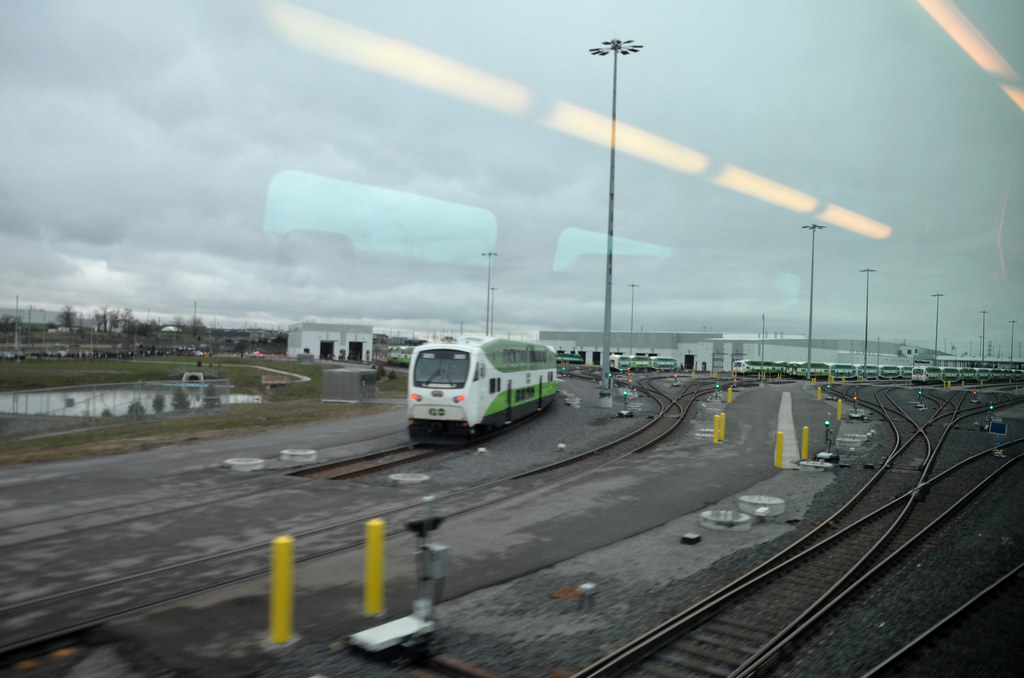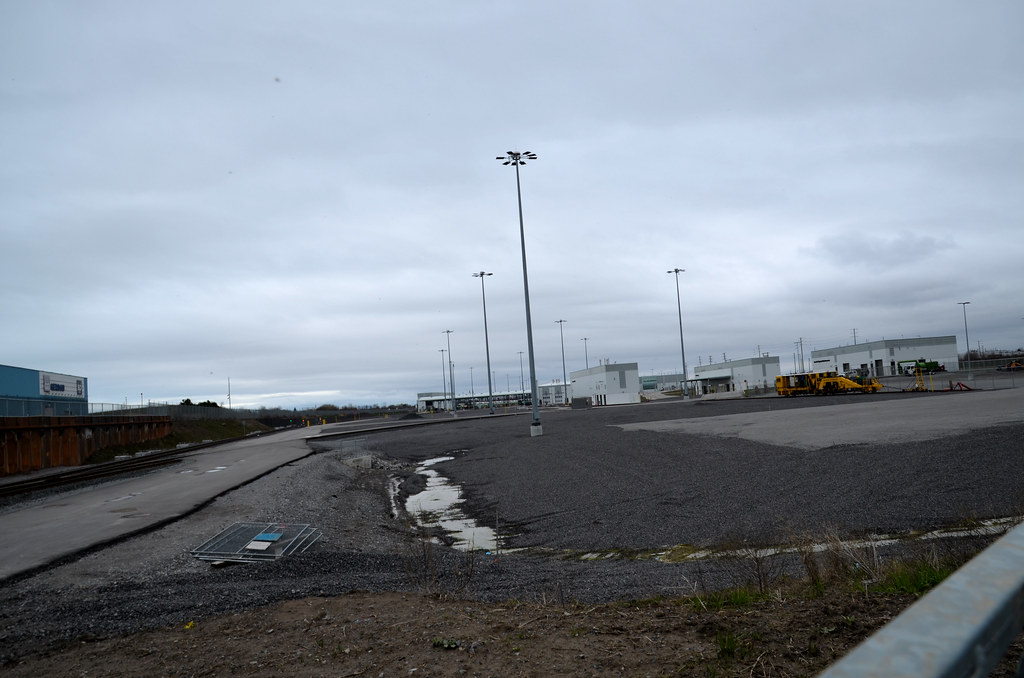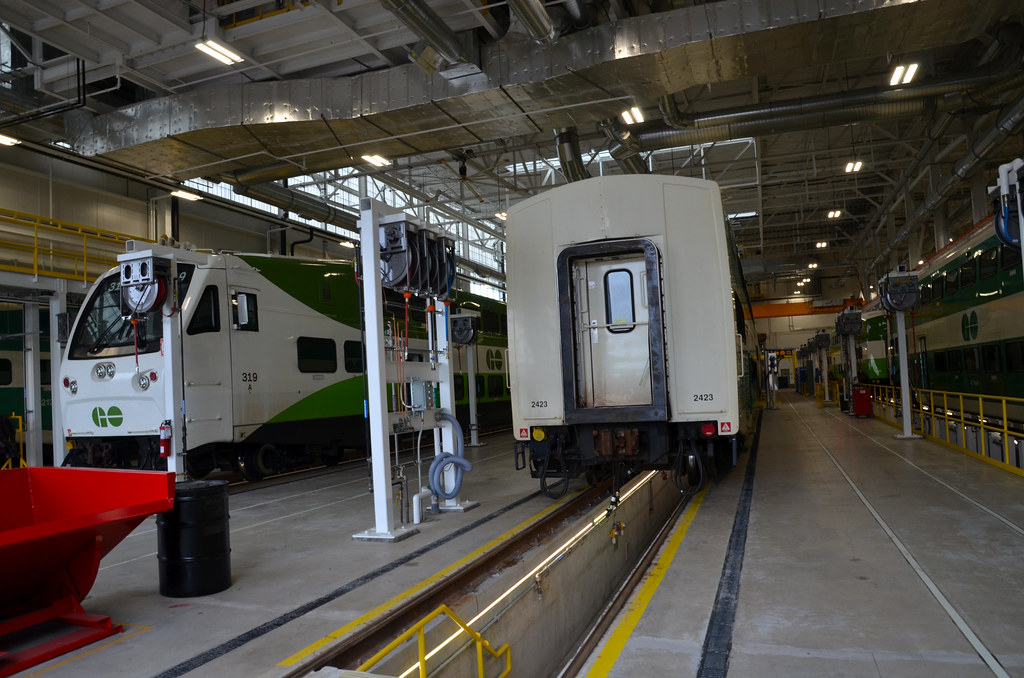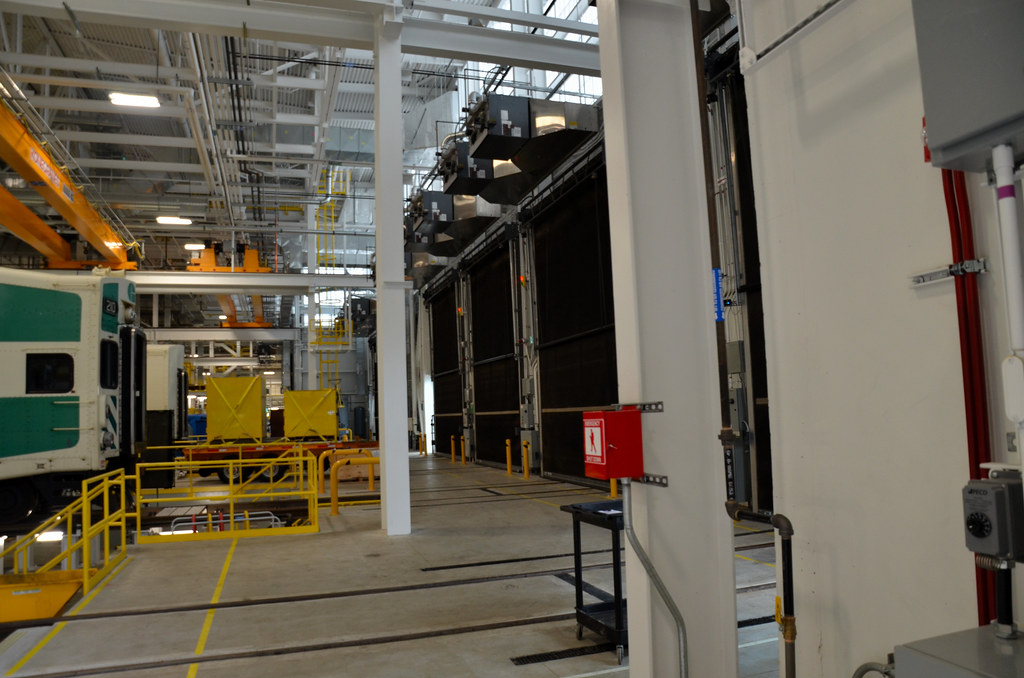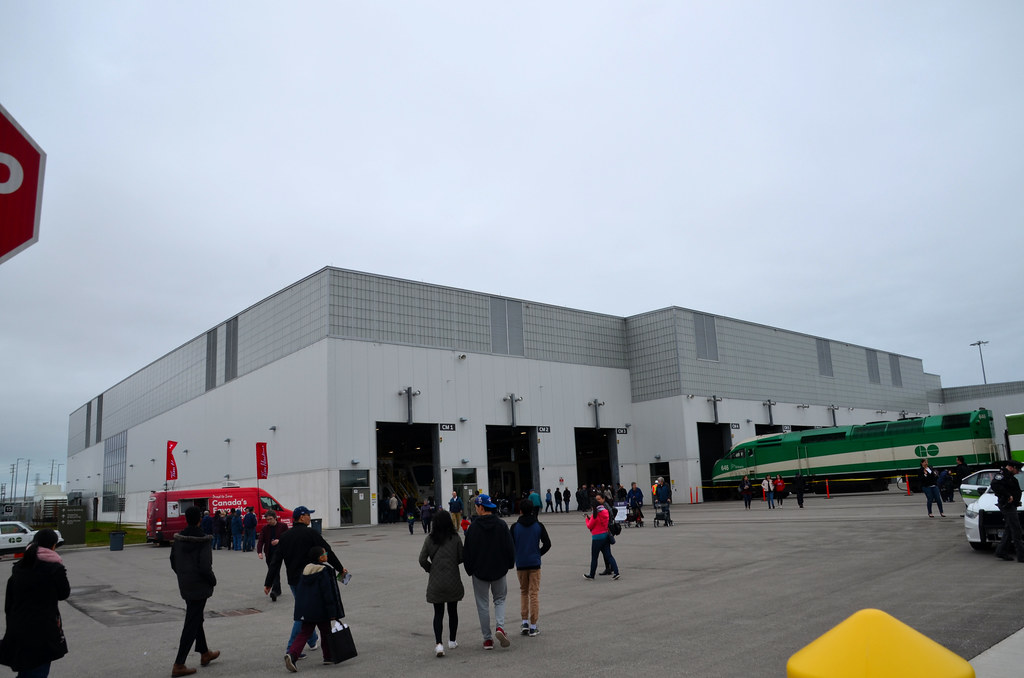steveintoronto
Superstar
"Backstop" becomes a key word...but as you infer, it's not as simple as it might look to be first glance. Beyond the obvious logical equations of the two levels of government offering backstops (an assumption, but for the sake of making this point): What if a follow-on Ontario government decides to do what this regime claims it can, and "legislate away the previous government's commitment" ( Cancellation of German-owned Ontario wind project prompts warning , Beer Store contract, etc) where would that then leave the InfraBank? And if CIB is 'on the hook' (highly unlikely due to legal structure, but for the point of argument), then who backstops them? Or does the 'buck stop there'?If Ontario has made such a binding commitment to backstop the debt that the street is supportive - in effect co-signing the loan with ML - then that liability belongs on Ontario’s balance sheet.
This is a highly abstract 'what if', but in the absence of much or any detail as to how any of these levels work, all hypothetical questions are valid.
And of course, to quote many NeoCons: "There is only one taxpayer". Indeed. That logic works both ways, but who wears it?
Post Script: And further to the abstract scenario, albeit this could and perhaps should apply to many if not all CIB 'investments': Be declared "For the General Advantage of Canada" or not? It would immediately address the consequences of 'being on the hook' for "backstopping" underwritten agreements. It's not quite that simple, but again, this is an abstract scenario.
This allows Parliament to declare a work, even though "wholly situate within the province," to be for the general advantage of Canada, or of two or more provinces, and therefore to come under federal jurisdiction. ... More recently, the declaratory power was used to make Canada's nuclear industry a federal matter.
- : Tom Flanagan is professor of political science at the University of Calgary and a campaign manager for conservative parties.Section 92(10) powers are an extremely important and often used part of the Canadian Constitution. In the first five decades of Canadian history, the declaratory power was invoked more than 400 times, mostly to ensure that Canada's burgeoning railway system grew to national advantage. By the First World War, virtually every inch of rail track in Canada was under federal jurisdiction.
https://www.theglobeandmail.com/opinion/to-connect-the-pipeline-connect-the-dots/article4461040/
This would immediately give VIA preferential status along with/above GO operations on a line that is 'invested in' by the Federal Gov't, either directly or via the CIB. In other words, if the Province defaults in fact or in principle, the Feds claim full possession in terms of administration via Parliament, subject to court deliberations for the status of the private investors who invested via the CIB.
Last edited:





